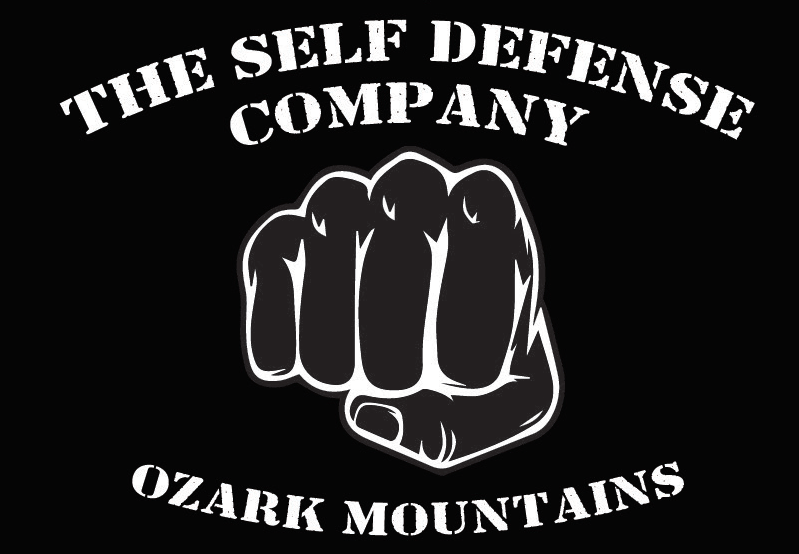By K. Kip Marsh
Over the past four decades I have taught my students to ask themselves the THREE QUESTIONS before getting involved in a physical altercation. The first two questions you should ask yourself, the last question you ask the other person.
The First Question
The very first question you should ask yourself is, “Is this something for which I am willing to fight?” More often than not the answer will be “No.” Fighting over mundane things like parking places, place in line, seat in a restaurant, spilled drink, getting cut off in traffic or just about any of the little irritations of modern life is simply not worth it. Because in any physical altercation, the chance of severe to fatal injury is always present for yourself and the person with whom you are fighting. These injuries may be caused by the force applied by the combatants. They can also be caused simply by tripping, falling, or other environmental factors. Then there are also the legal ramifications. Even if you “win” you may suffer arrest and a lawsuit.

All this needs to be considered when deciding on the answer to the question, “Is this something for which I am willing to fight?” Don’t let your ego dictate your response. Fighting to make a point or “for the principle of it” is rarely worthwhile and is social violence. The resort to violence should be the answer only when it is the only appropriate answer.
The Second Question

Once you have asked yourself the first question and have decided that you are willing to fight in the circumstance you are involved in, you must ask yourself the next question, “Am I willing to hurt this person up to and including severe injury or death?” This is important in that, as stated above, severe injury and or death is always a possibility in a physical confrontation. As explained earlier it can happen even as an unintended consequence. If you are going to engage in a physical confrontation, it should be because the answer to the first question was “yes”. If the need to resort to violence is present, you must be willing to possibly injure, maim, or kill if need be, and be aware that those things can happen even if unintended and possibly happen to you.
The Third Question
If the answers to the first and second questions that you have asked yourself are “yes”, then the third question is for the other person, “Do you want to fight over this?” Some times this question doesn’t need to be asked. If your opponent has raised his hands in preparation, has produced a weapon, or is rushing you, then it can be concluded that they do want to fight. However, in the case of the person who seems angry but undecided, you can conceivably ask them if they want to escalate the encounter into a physical altercation. This may give them pause enough to reconsider and execute a face saving gesture to leave.

If all three of the questions are “yes”, and there is no other option for you, then you should attack as soon you have the third answer. If you wait, and give them the opportunity to attack first you will be starting at a disadvantage. If you have employed the logic described in the article and you cannot avoid the fight, action always beats reaction. Don’t wait! Go from zero to one hundred immediately and end the threat as efficiently and quickly as possible. When it is determined that violence is the answer it is usually the only answer. The sooner it is over the better. It is better if you are prepared ahead of time. Train effectively and be aware of your surroundings. Using the three questions should help you to avoid being involved in an unnecessary altercation.

